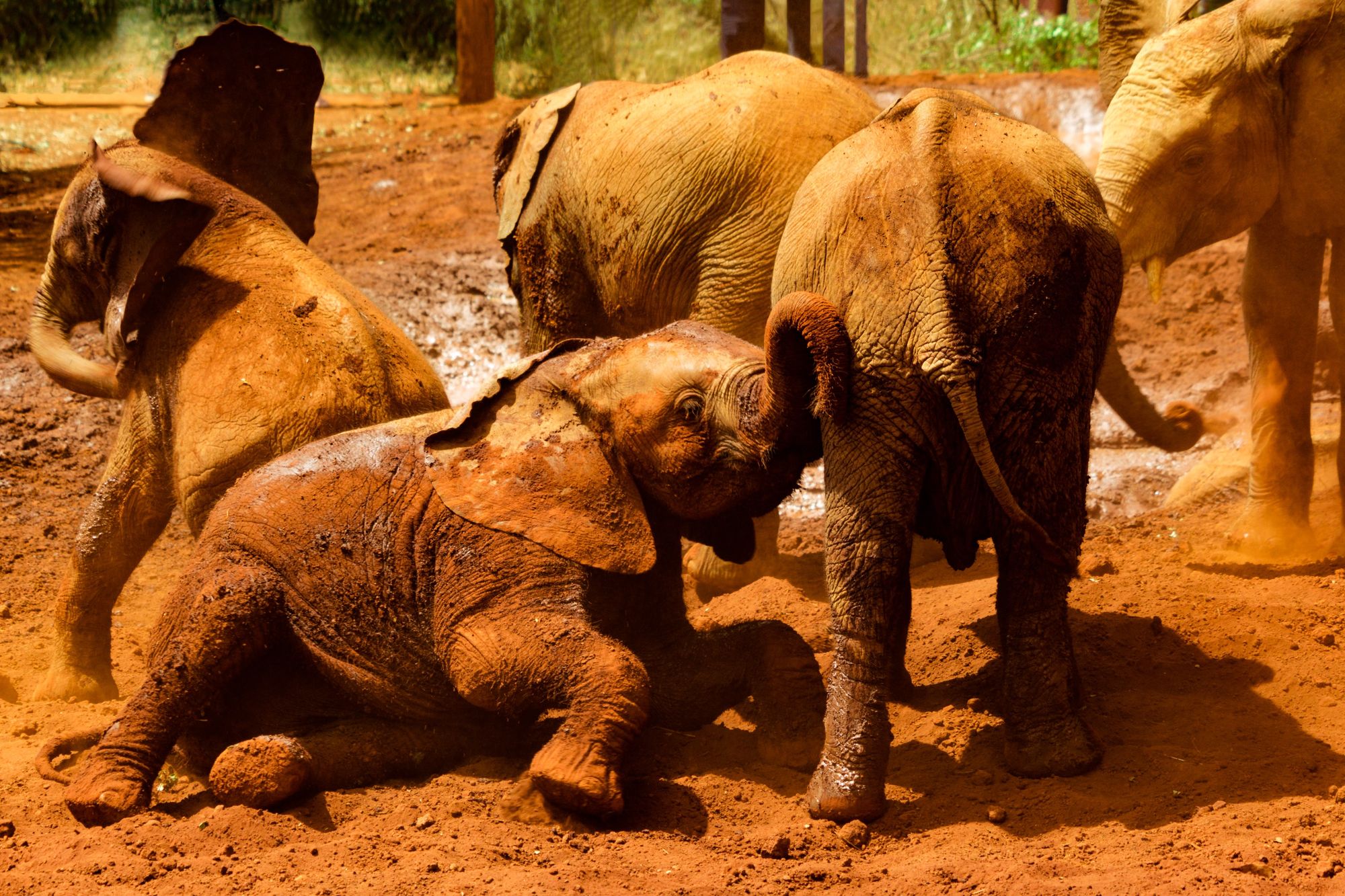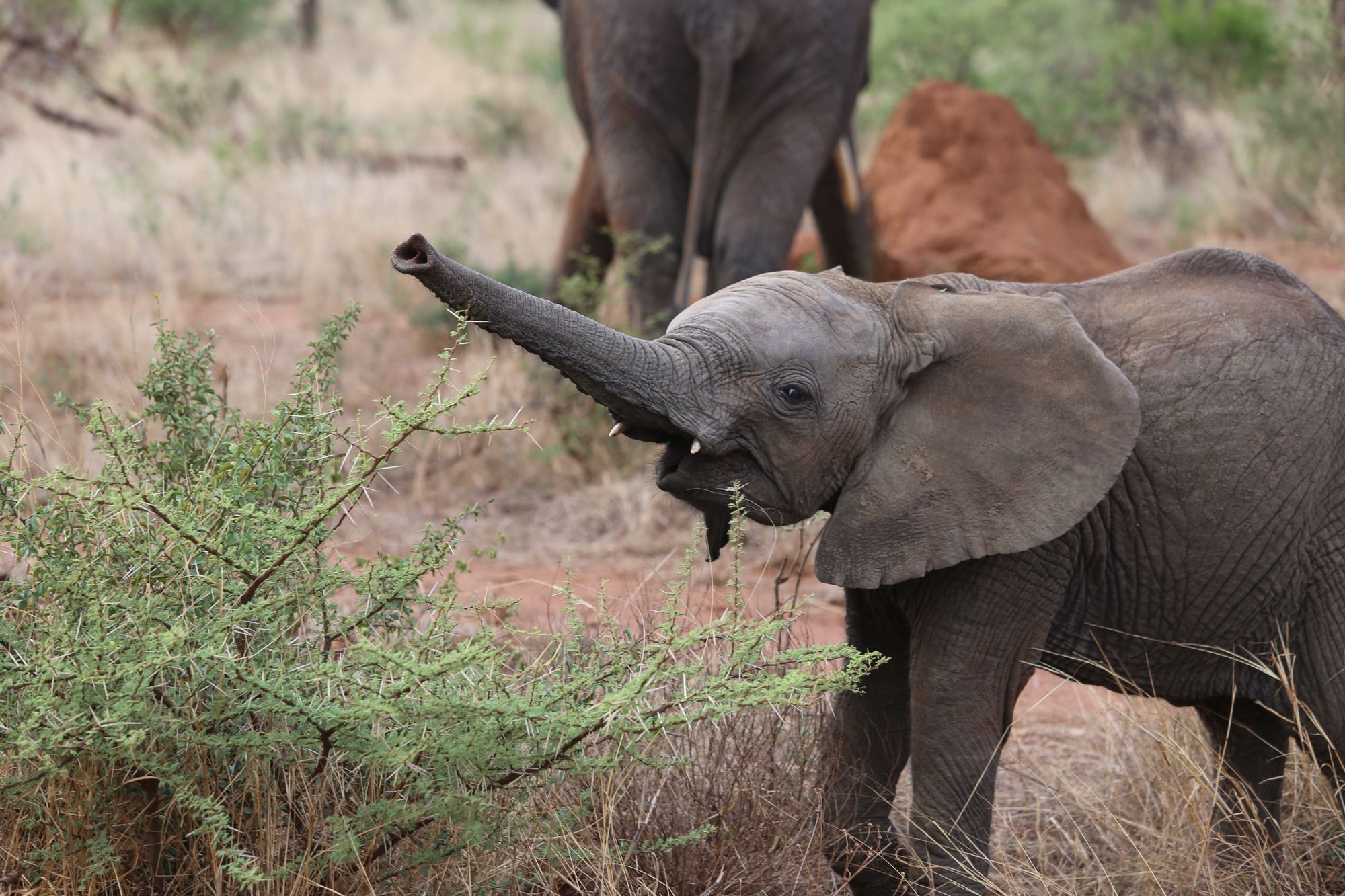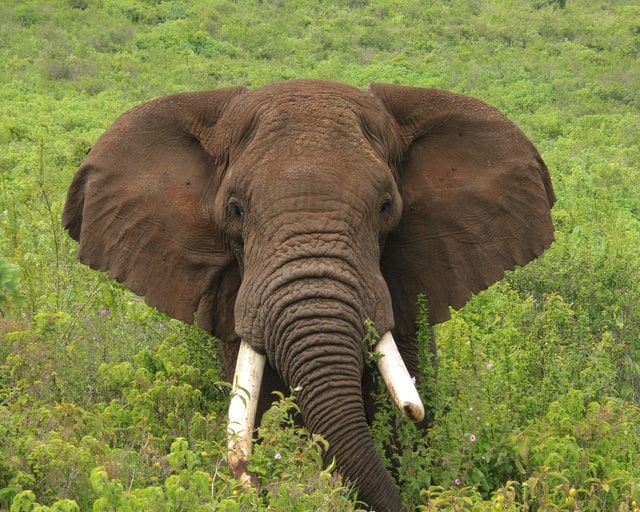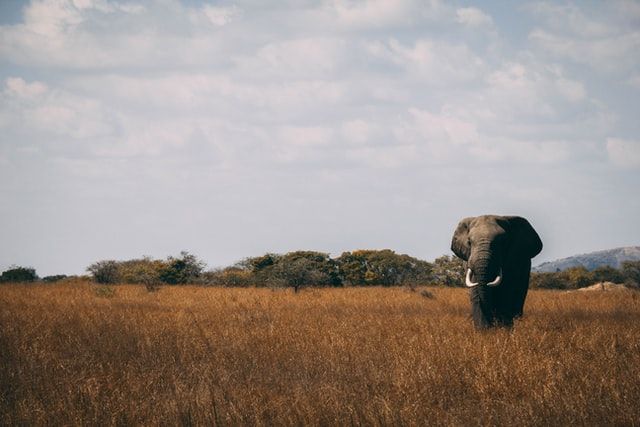Heartbreak and hope in Africa
The baby elephant swung its trunk, which was nearly torn in two. This essential body part, which allows it to smell, explore, drink water, get food must hurt horribly. I stood watching the piece of trunk dangle.
Were it anywhere else but here, it would soon die. As it is, this baby elephant is in protected territory within the bounds of Nairobi, Kenya. The creature would soon receive medical treatment, be gently healed, and assured of a future, even if it wasn’t with its natural mother. As it healed, her handler would be sleeping in the stall above her, watching her at all times.
The Sheldrick Wildlife Trust, where my safari operator had required me (and I happily did) purchase a one-year sponsorship of a baby elephant, was formed in 1979 by the Seldrick family in response to an increasing need to deal with animals affected by encroaching humans, and poachers: baby ellies and rhinos left without mothers, mothers sickened or mortally wounded by traps, or animals caught in the mud and left stranded by a herd.
The Trust has successfully reintroduced some 260 orphans. The six year old baby that I chose to sponsor wasn’t available for me to visit because she had just been returned to the wild. I was delighted to know that, albeit I’d have loved to have met her.
The Trust has also handled some 6532 vet cases, which is why I know that the baby ellie with the horribly injured trunk was in excellent hands. For those of us who have seen what poaching and outright theft can do to these richly intelligent and emotional animals, I am very glad to see that not only will they receive expert vet care, but the love these men bear them is palpable.

When my guide, Antony, and I arrived at four-thirty, we were just in time to see a troop of baboons move through the parking lot. In the late afternoon sunshine, a herd of gazelle was grazing in the dappled shade of the trees. I moved quietly to get a photo. The buck raised his magnificent head, gazed back at me, and I had my shot. A shot of admiration and deep respect, not carrying death.
As the time inched closer to when the babies would be making their run from the park back to their respective stalls, the guards allowed us in to watch the parade. We were given our instructions. Each of the guests, like me, had made a donation to a specific orphan, and we were eager to meet our babies.
Soon, the first baby came rushing forward, her ears pressed back against her head. She was followed by an eager procession of elephants of all sizes, each of which had been separated forever from their herds. Some were new, some had been carefully healed back to health. All were very eager for their big baby bottles, and the big supply of green leaves that awaited them in their fragrant stalls.
We were utterly charmed.
As soon as they rushed by and inside their stalls, we started taking photos. We were allowed to touch those who allowed it, who felt comfortable enough to seek out human company.
Not all could. Some would stand with their faces into a corner, rocking back and forth, clearly in emotional distress. These were usually the new arrivals, still in shock, and still terribly confused. That would pass, as they found comfort, affection and the support of the other orphans.

Each of us found our sponsored orphan, except those of us who had supported Araba. At six, she was mature enough and had evolved enough to be returned to the wild, in the sincere hopes that she would join a herd and breed on her own. She would still be susceptible, as are all African animals, to poachers’ arrows and bullets, snares, and human encroachment. But there is hope.
This video shows how sponsorship dollars are used in real life:
The hour that we had with our babies was worth far more than a paltry fifty dollars. We gathered at the stall doors where a baby would cuddle up next to the wood, covered with dried mud. There, the baby would often lean into the door as we stroked its head.
I’ve massaged elephants before, and there are places in particular that seem to appeal. They love attention to those great ears. Rubbing the mud off, scratching that soft skin is a favorite. I’ve also found that gently rubbing the inside of the ear canal is the equivalent of sticking your pinkie finger in your own ear; it feels terrific. There were several open stalls where the elephants wold lean against the bars, allowing me lots of access. The baby I worked on would lift its trunk to gently investigate what I was doing with its ears, and ever so often she would touch my face or curl her trunk around my arm.
Dr. Carl Safina, a dedicated seeker, scientist, conservationist and exquisite, award-winning writer, did part of his research for Beyond Words: How Animals Think and Feel here in Kenya. At least one of the elephants that he “met” is now dead from poaching. It is one of the great and abiding tragedies of our time, that so much work goes into trying to save this keystone species, and yet so many dangers lie in wait for the very animals you and I donate money so enthusiastically to save. Safina’s next book, Becoming Wild: How Animal Cultures Raise Families, Create Beauty and Achieve Peace, speaks in part to the world of animals which is as rich with culture and norms as our own.
Babies are still stolen right from the herd to sell to zoos without a single thought given to the deep emotional damage that theft does to the mother, the herd and the culture of those creatures. Our ignorance of animal life is legion, and our willingness to hunt them to death without any real acknowledgment of what we owe them for that they give us are criminal.
My guide was filming me as I enthusiastically rubbed the muddy ears of a calf through the bars of his stall, his eyes closed in pleasure, his body rocking to and fro, when the guide yelled at us that the gates were closing. I made a note to return. You can any time with a donation. If you give, you get to see them live. If you see them live, your life gets a whole lot better.

Unlike the elephant parks of Thailand which are all too often profit centers which allow people to frolic with the babies, the Sheldrick Wildlife Trust carefully controls human interaction. They don’t want wild elephants growing up trusting humans, for that is the way to a swift death in the disappearing wild, where humans build villages across traditional elephant migration paths and then blame the elephants for intruding on their homes.
We are the intruders here.
There are a great many places to put your money where your heart is. I have willed half my estate to the Safina Center, for they are dedicated to all manner of issues from the oceans to helping us understand and better respect, and love, the world. And with luck, help protect what’s left, so that what our kids see is what we see, not just the photographic memory of what was.
I will also continue my sponsorship of Sheldrick, for selfishly, I want to be able to come back and play. The few seconds I have scrubbing hard, hairy, muddy skin of a baby elephant’s forehead are enough. Knowing that this baby has a keeper who sleeps over his head, puts a big bottle of milk in his mouth when he’s hungry, and stands to protect his future as best he can in a shrinking world, is payment enough.

Comments powered by Talkyard.